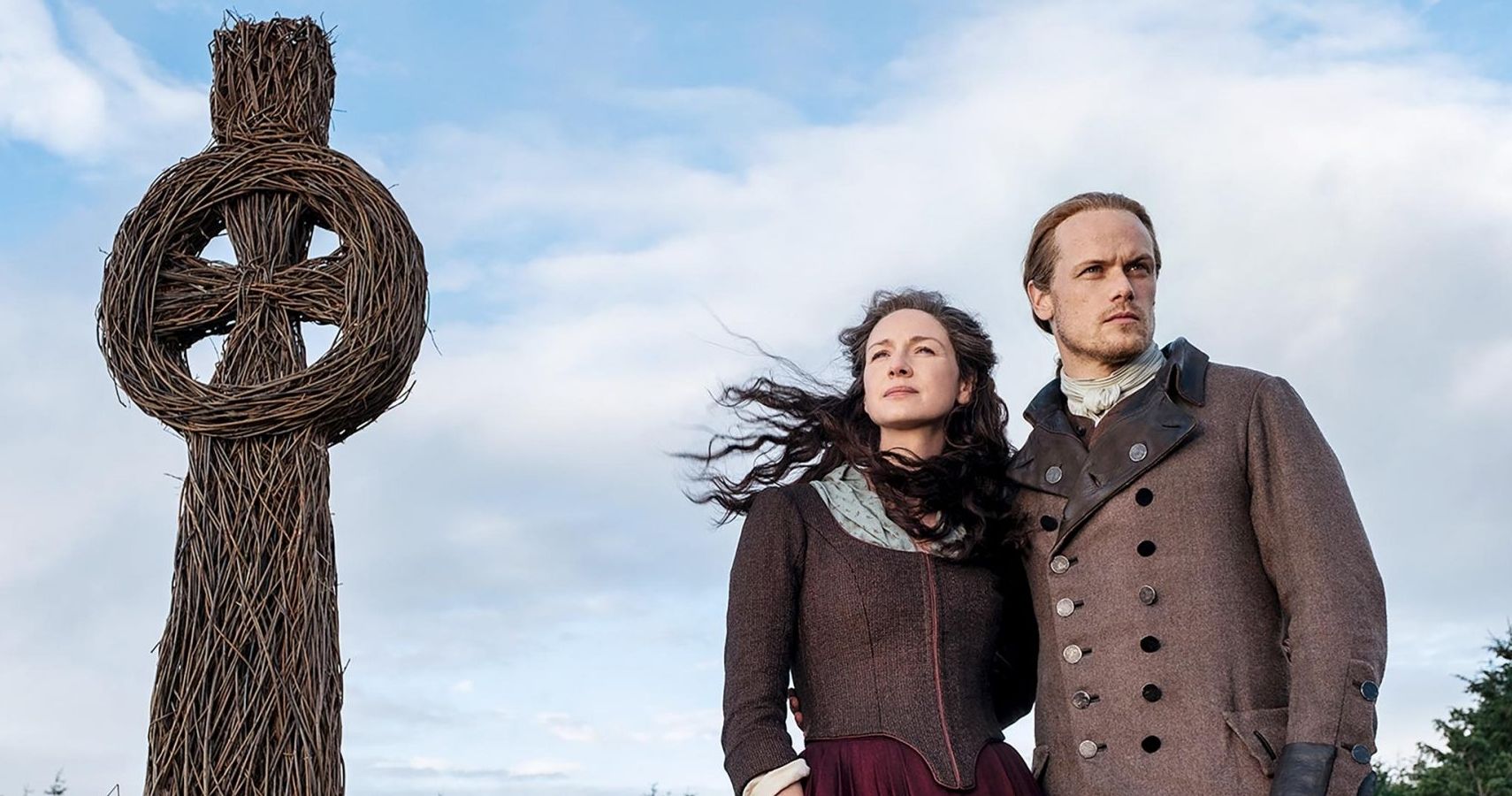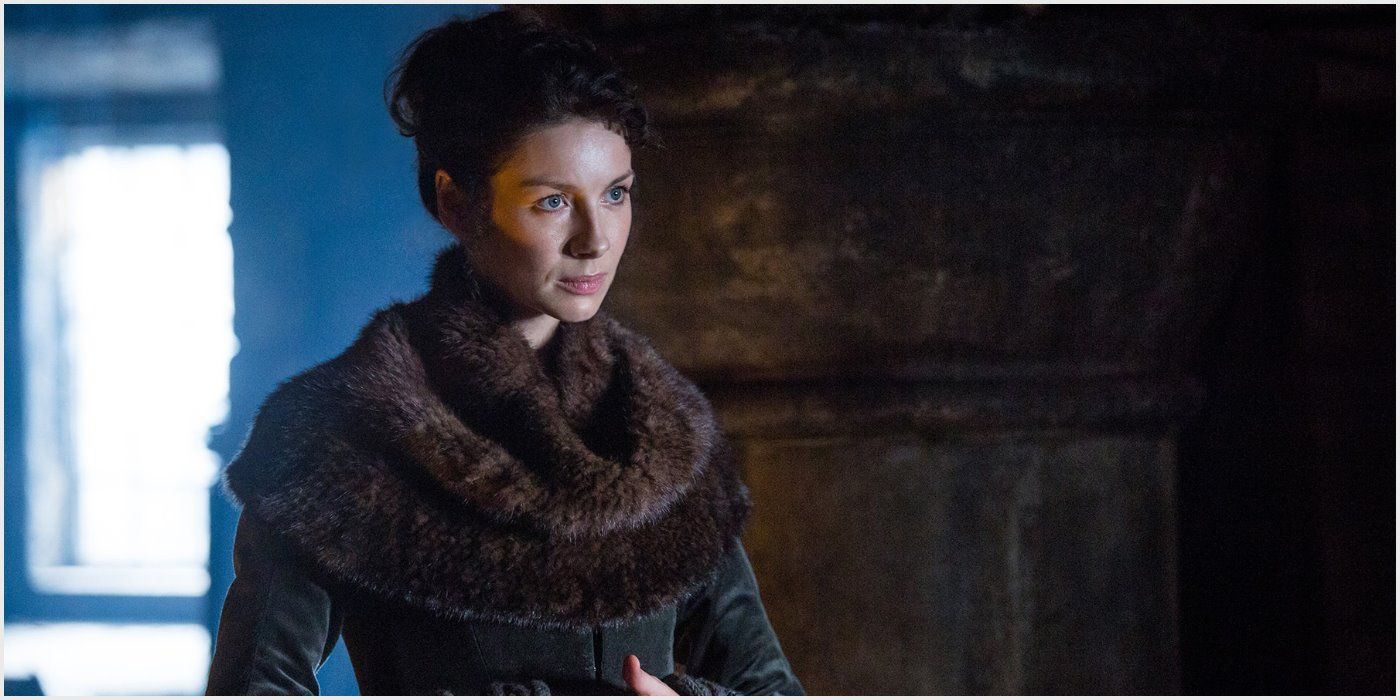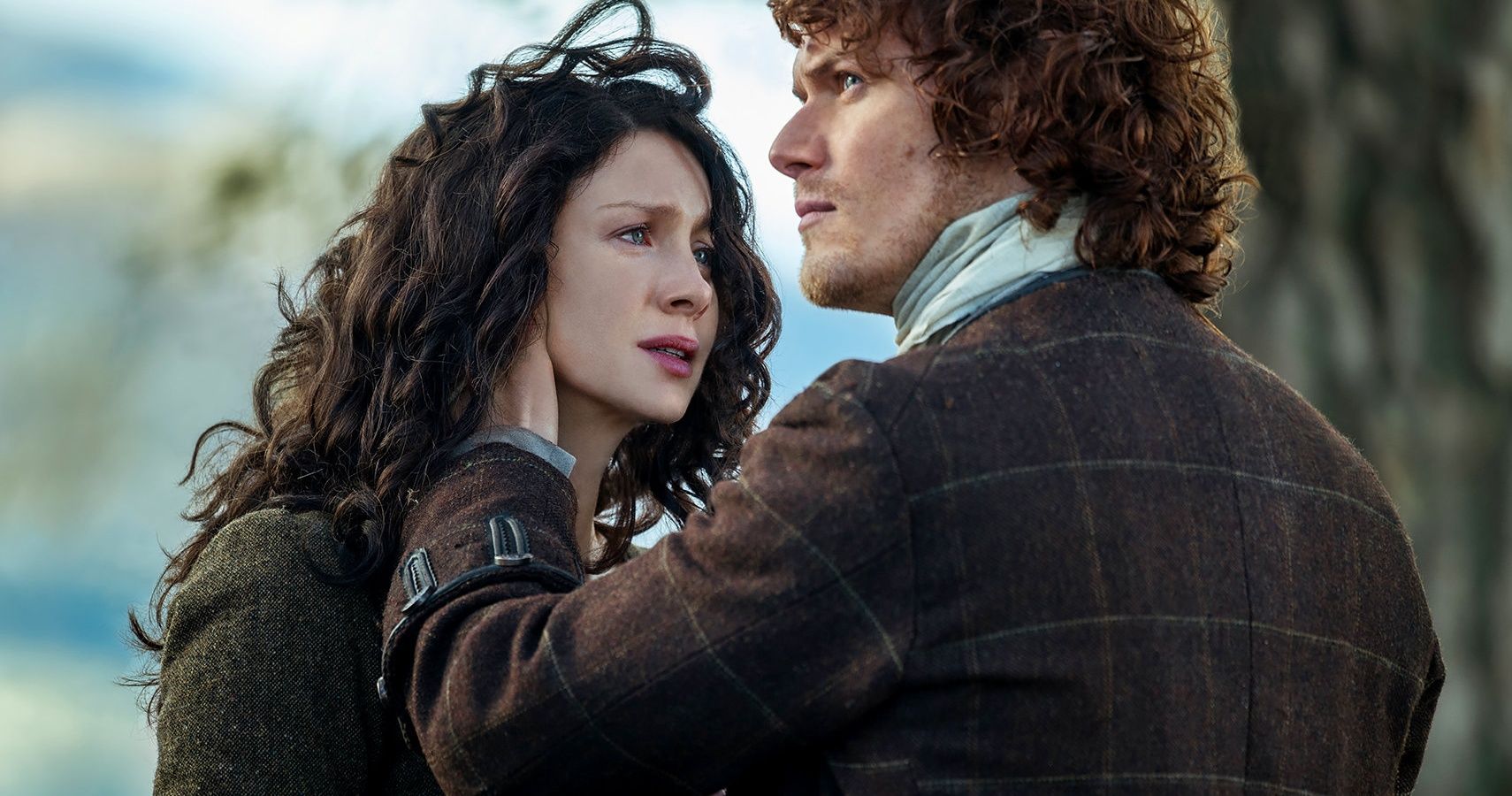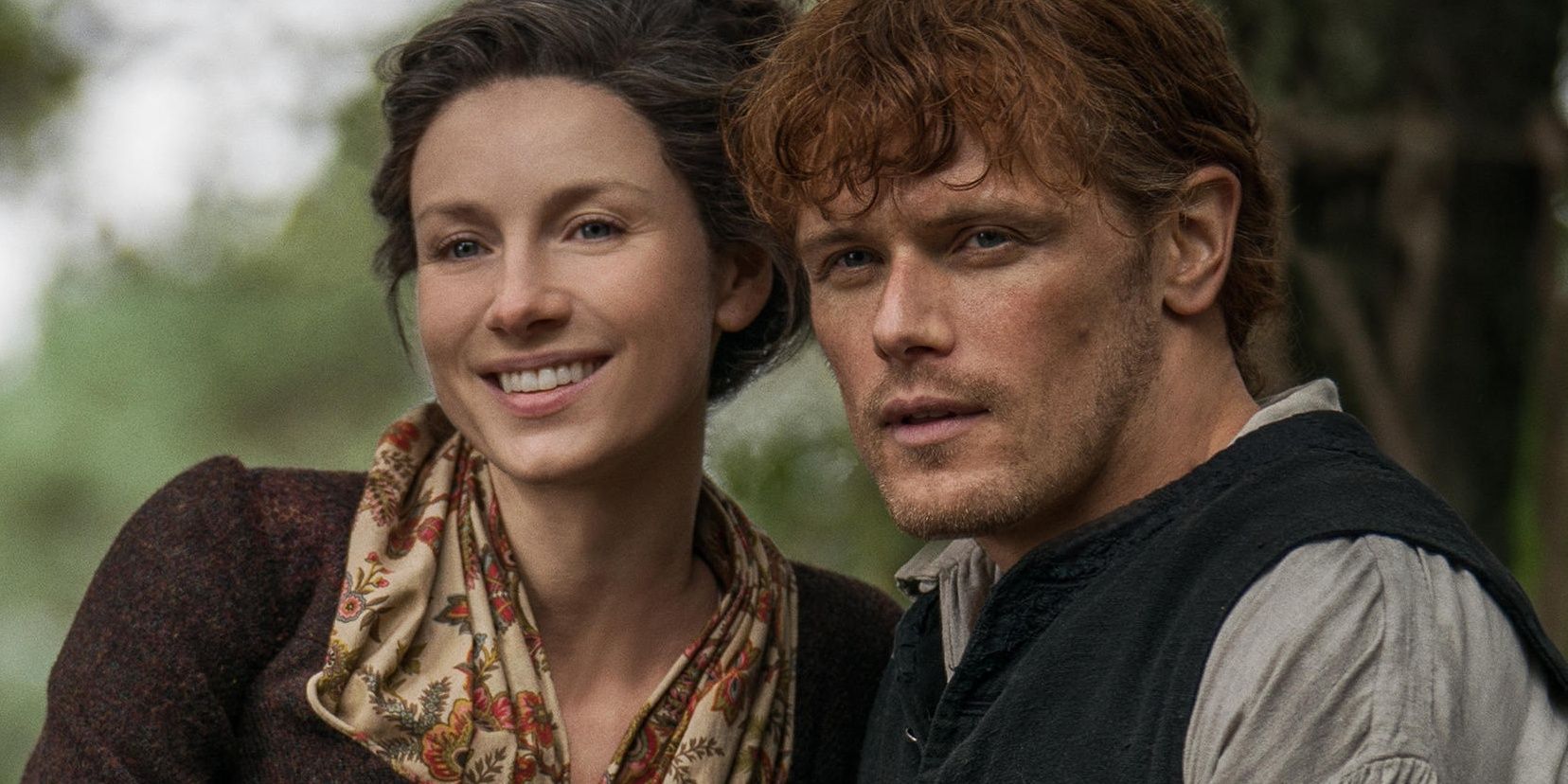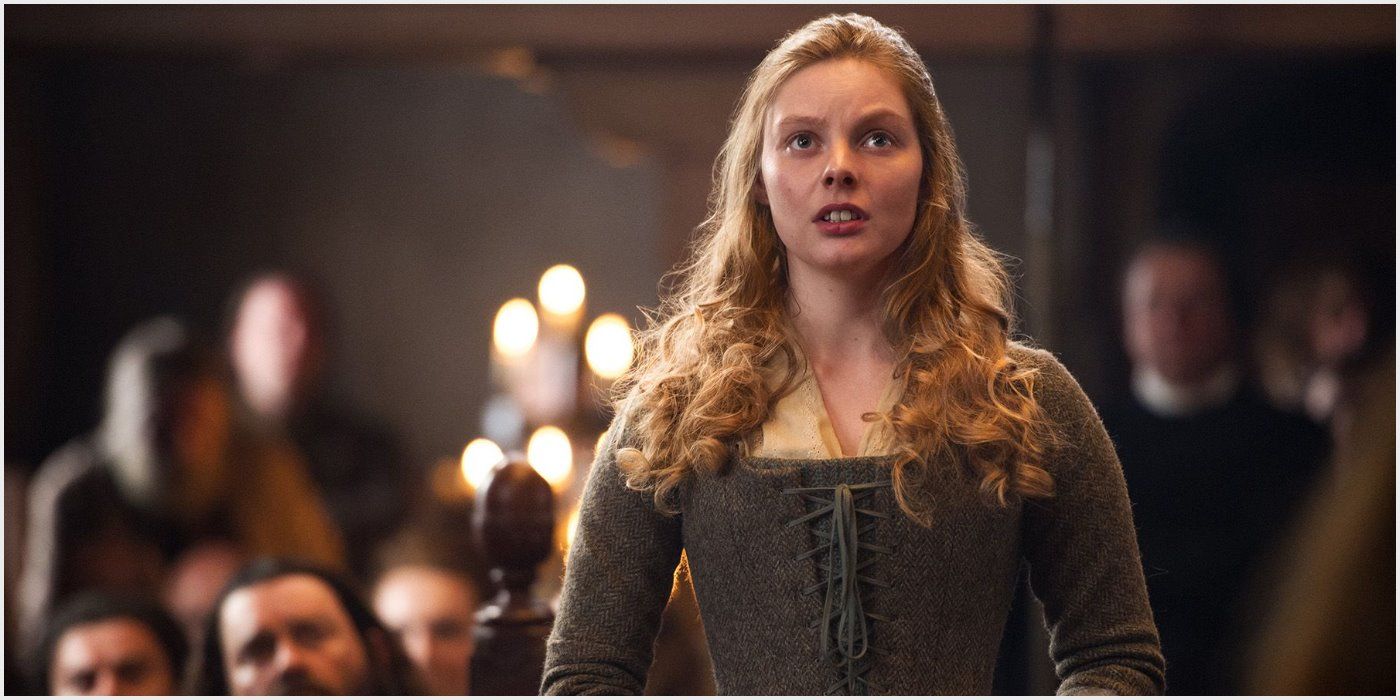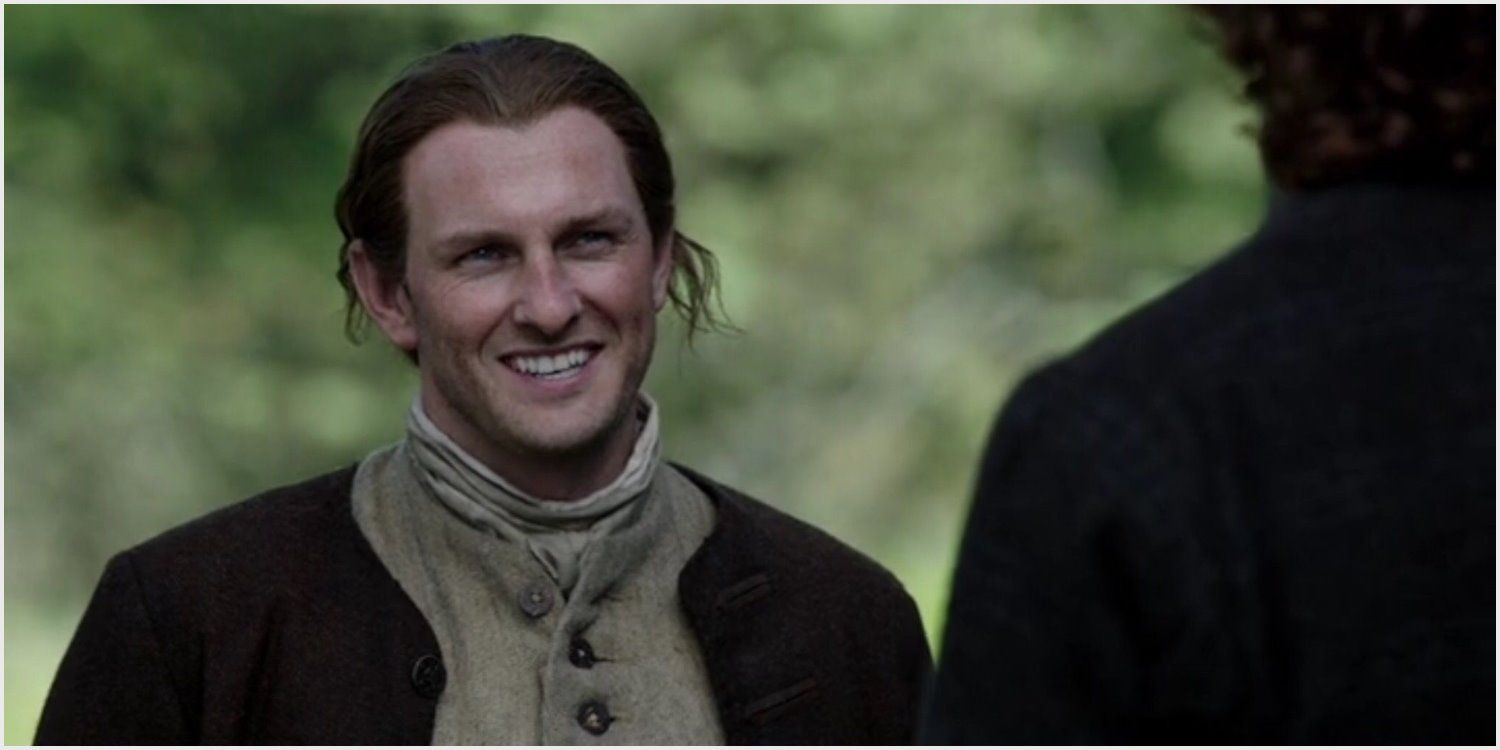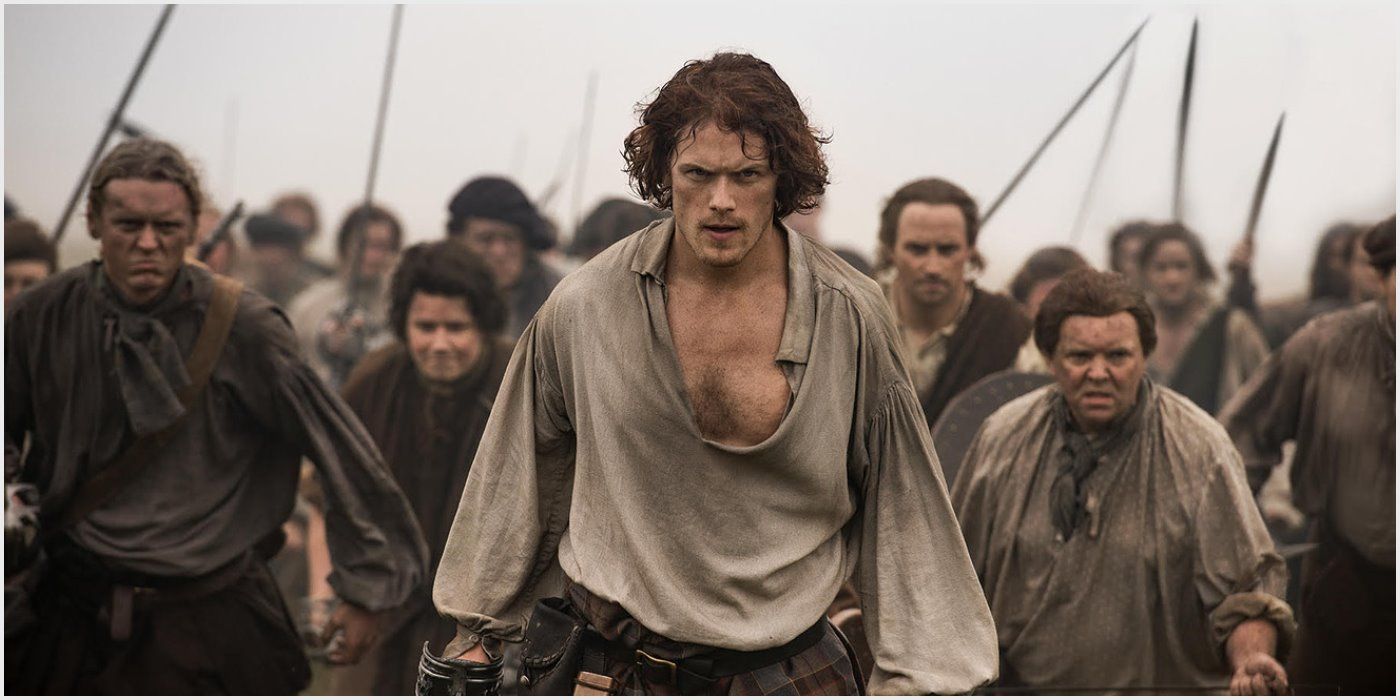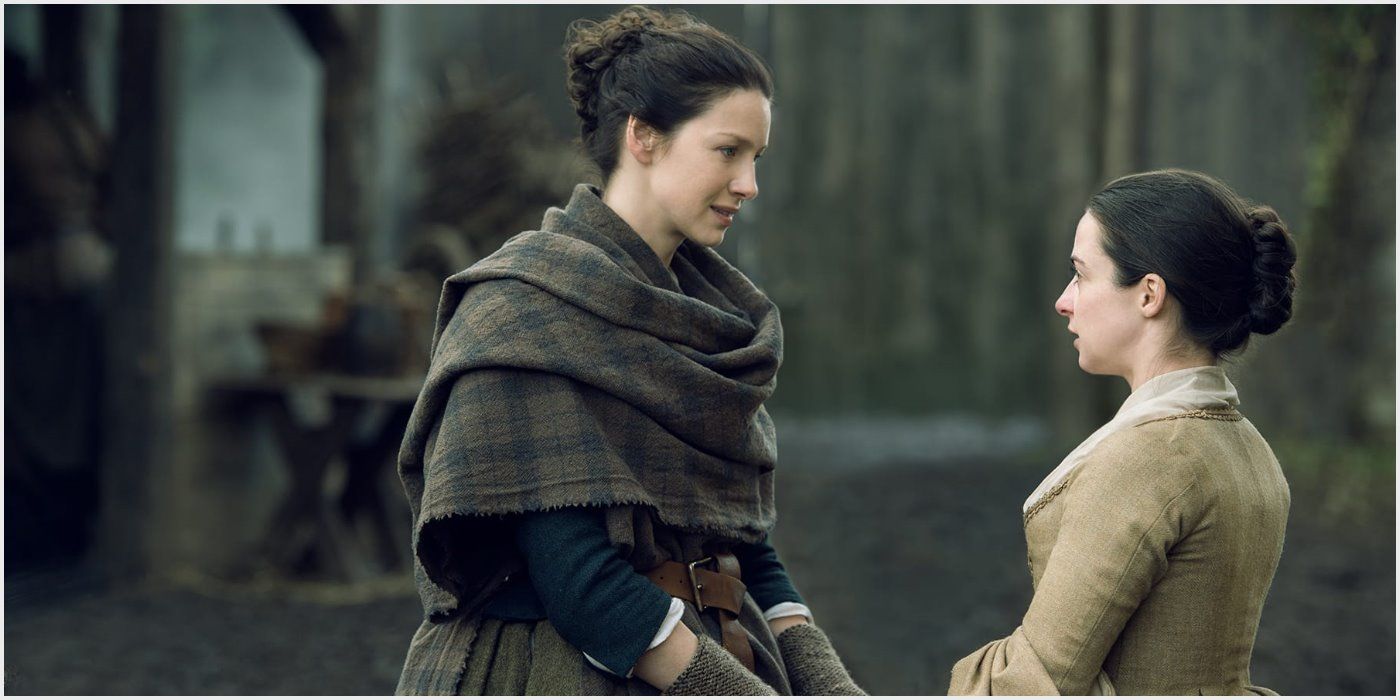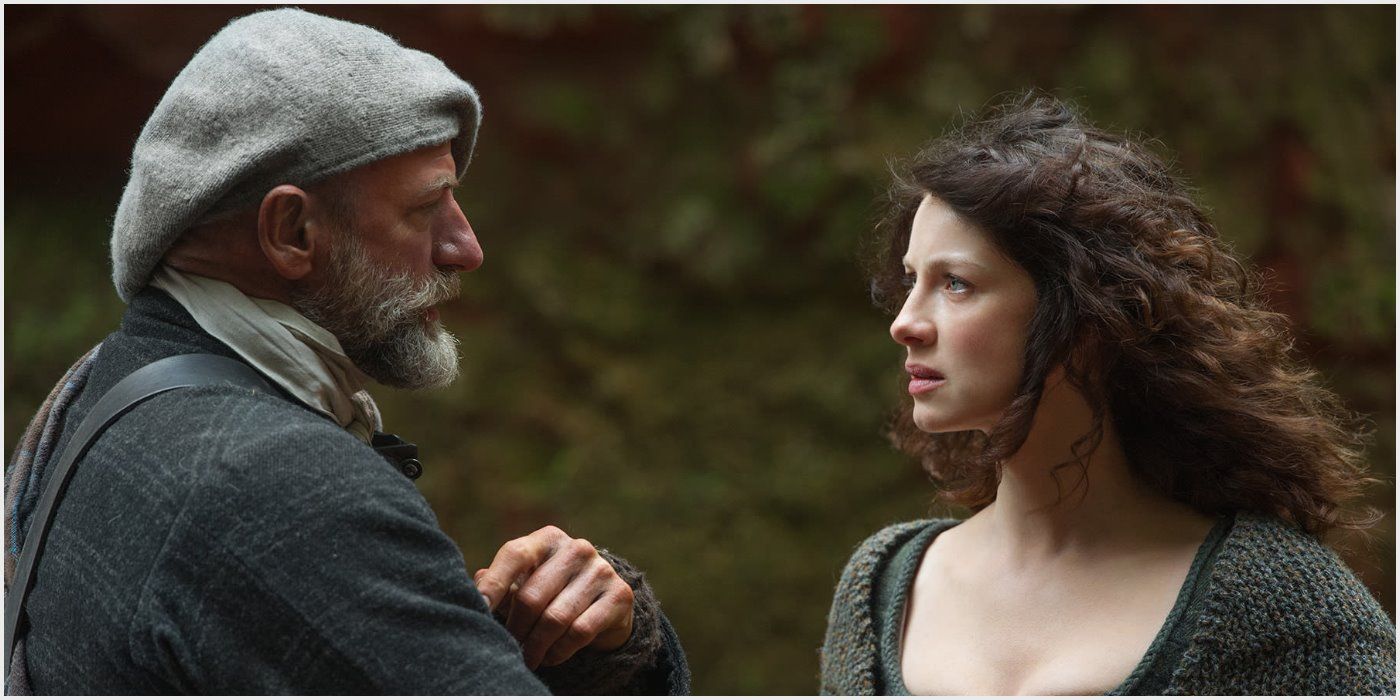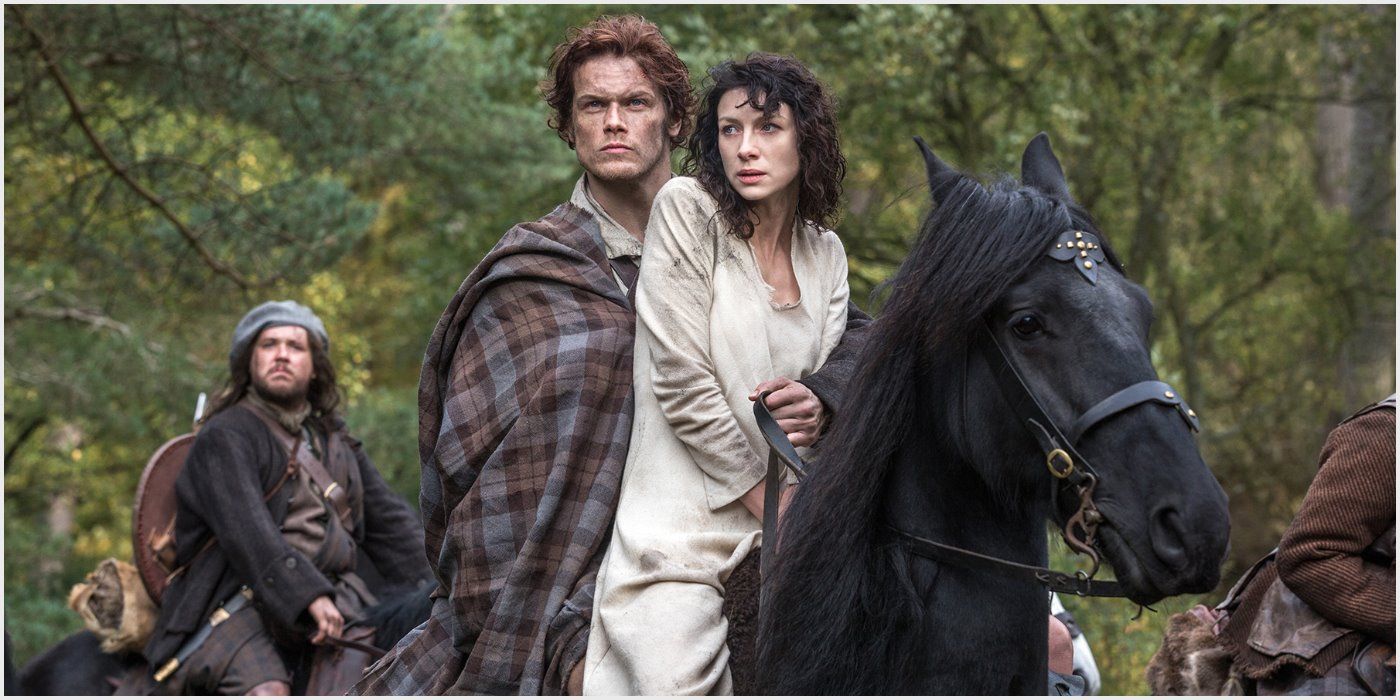Fans of Outlander are in love with the romantic picture of the Highlands that it paints - and that includes the language. The hit series loves to scatter Scots and Gaelic phrases throughout - many of which are still in common use in this part of the world. From Jamie's many terms of affection for Claire, to some of the more amusing curse words, these are some of the best phrases that fans can take from the show!
Of course, pronouncing them is a whole other story, and fans have to take responsibility for their own brogue... some spellings may also vary, although the meanings (and usage in the show) stays the same. And of course, these are far from the only phrases fans might want to pick up from the show, but they are some of our favorites.
Sassenach (English Person)
In Outlander, this actually becomes a term of affection that Jamie uses for Claire, but that's not how it would usually be used. The word 'sassenach' is used to refer to an English person... and it's usually the opposite of affectionate! As Outlander fans know, there's some seriously bad blood between these two nations, and especially at this time of history, this would be a derogatory word. Of course, Claire is English, and this is why Jamie first called her sassenach. Over time, though, this became a sweet in-joke.
Greeting (Crying)
Need another word for weep, sob, and wail? Well, this is what you might hear in the Highlands, where 'greeting' means crying. It does also mean to say hello to someone, of course, but this is the alternative meaning.
Hearing a scot say 'stop greeting' is them telling someone to dry their eyes - and it can be a very compassionate and caring phrase, or a deeply impatient one!
Mo Chridhe (My Heart)
No, not like the anatomy! This way of saying 'my heart' is generally used in a more poetic sense, and is common in phrases like 'my heart belongs to you' or the song 'Eilean Mo Chridhe' (Island of My Heart). In Outlander, it is used as a term of endearment, like 'my dear' or 'my darling' - and it's a perfect way to get affectionate with the one you love (as long as you can pronounce it!).
Besom (Woman - Insulting)
A 'besom' is a woman - but be careful, this is not the kind of word you would use if you wanted to be respectful! It's generally a word that is used to describe women of 'loose character' (ahem!), or perhaps a woman that is shrill, annoying, or demanding. While it's possible to be a little more affectionate with the word (and use it more like a strumpet or a mischievous woman), it's rare, and you would have to tread extremely carefully. As an insult, however, it works perfectly.
Buidheachas (Thank You)
This may not have the poetry of affection or the fun of insults, but it is still a great phrase to know in any language, because it simply means 'thank you', or 'gratitude'. It is a little bit more formal, but that's also not a bad thing - when giving thanks, there's nothing wrong with being a little too polite (and a lot wrong with being far too familiar). Another one that might be tricky to master the pronunciation of, though!
Pog Ma Mahon! (Kiss My A**)
As well as knowing how to be polite, it's a good idea to know a few choice insults, too - and Jamie certainly doesn't hold back on his! Pog ma mahon is not just catchy, but it's easy to pronounce, remember, and throw out there the next time that someone decides to impugn your honor in a candlelit tavern after a few too many whiskeys.
Mo Caraidh (My Friend)
Most of the sweet terms of endearment that are used in Outlander are meant for romantic loves, but that's not always the case - and friendships can be just as important as the romantic loves.
Mo caraigh is similar to mo chridhe, but rather than meaning 'my love' (or my heart), it means simply 'my friend'. This is a great way to show a little extra (scots-style) affection to the friends that mean the most in your life.
Leannan (Sweetheart)
And then we return to the phrases for romantic love, becuase let's face it, Outlander is a love story! (Really, it is a series of love stories - Claire and Jamie, of course, but Brianna and Roger, and so many more!) Leannan is a wonderful little affectionate term, and is best translated to 'sweetheart', however, it should be very clear that if you are the kind of person who refers to everyone and anyone as 'sweetheart' this is referring specifically to a lover or partner.
A Dhia (My God!)
Everyone needs to find new and exciting ways to express shock or disappointment (especially these days), and this is the scots way to do it. A Dhia literally means 'My God' - as in 'Oh My God', rather than simply referring to a diety. This is the perfect way to express yourself when utterly appalled at the state of things. It's also an easy phrase to remember - and to say!
Dinna Fash (Don't Get Worked Up)
This is possibly the most famous phrase from the show - other than Sassenach, of course! It's something that Jamie often says to Claire, especially when she is getting concerned about things. 'Dinna' means 'don't' and while there's no direct word that works as a translation of 'fash', 'dinna fash' can mean either 'don't get annoyed about it' or 'don't go to any trouble'. So if someone says 'dinna fash yersel', they may be telling you to calm down, or not to worry about doing something for them. And while the meaning may be a little tricky, the pronunciation is mercifully easy!

